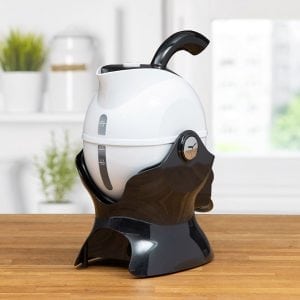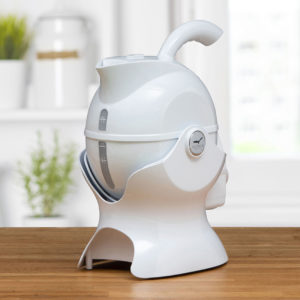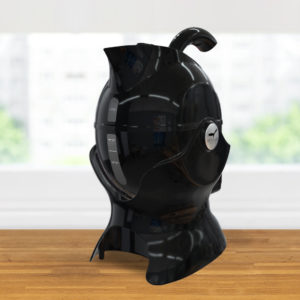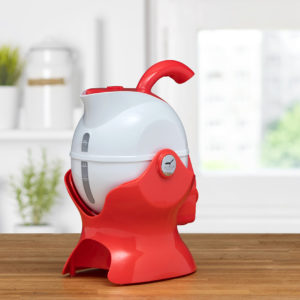As an avid hand, wrist, and knuckle cracker myself, I was always told that it will give me arthritis. But is there really a link between the two? Over the years, I received conflicting information.
This is a topic that has given way to a lot of debate over the years. That is why today, I want to dive a little deeper to see if there truly is a conclusive link between cracking your knuckles and developing arthritis.
First things first, let’s look at arthritis in general and how it can affect our hands, what happens when you crack your knuckles, and then off to the experts to see what they say about this link. Old Wives tale or pure fact?
How Arthritis Can Affect Your Hands:
There are 100+ different types of arthritis and related conditions in the world today. More than 10 million in the UK live with arthritis. This makes it the biggest cause of disability by far.
With there being many different forms of arthritis, it makes sense that there are a number of ways it can affect you. Everyone experiences arthritis differently. The more common symptoms we all may face can be:
- Pain
- Swelling
- Stiffness
- Numbness
- Pitted nails (when you have tiny dents in your nails)
- Painful ulcers
- Thickened skin (this can make bending finger difficult and uncomfortable)
What Happens When Your Crack Your Knuckles?
For me, I love the sound that cracking my knuckles makes and there is also a feeling of relief, like I have released some pressure. This may be different for you of course. When you crack your knuckles, here’s what happens on the inside:
- There is a cavity between all of your knuckles that is filled with a fluid and this is called ‘synovial fluid‘. This is what lubricates your joints around your body.
- When you stretch your knuckles out, you are releasing a gas that forms a bubble within the synovial fluid. This bubble then collapses and makes a popping sound. This can be done deliberately when you crack your joints but it can also happen when we move, you may not have control over it.
- Cracking your joints causes this bubble to pop and it won’t pop again because it can take around 2o minutes for the gas to build up again and form more bubbles.
Let’s See What The Experts Say:
An American physician, Donald Unger performed an experiment on himself to answer this age old question. He was a self described researcher who chose to crack his knuckles in only one had for up to 60 years. He didn’t crack the other.
After his 60 years of research, he found that he didn’t have any more arthritis in one hand than he did in the other. The vast majority of other medical sources agree with his findings, which is a relief for me (I’ve cracked my knuckles countless times writing this blog).
Of course, cracking your knuckles shouldn’t be painful, cause any swelling or change the shape of your joint. Should any of the previous points happen, something may be happening under the surface and it’s important that you talk to your doctor.
If you or someone is living with arthritis and need a little extra hand around the kitchen, check out our Uccello Kettle and other daily living aids that will make life easier.













Leave a Comment